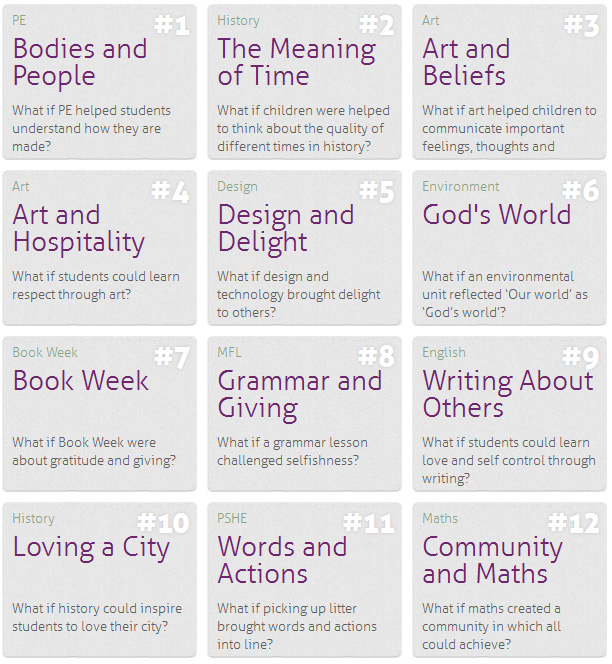Jeremiah 32:17 — from Bible Gateway’s Verse of the Day
Ephesians 3:20-21 — from Bible Gateway’s Verse of the Day
4 In that day you will say:
“Give praise to the LORD, proclaim His name;
make known among the nations what He has done,
and proclaim that His name is exalted.
34 Give me understanding, that I may observe Your law
And keep it with all my heart.
Psalm 121 (NIV)
A song of ascents.
1 I lift up my eyes to the mountains—
where does my help come from?
2 My help comes from the Lord,
the Maker of heaven and earth.
3 He will not let your foot slip—
he who watches over you will not slumber;
4 indeed, he who watches over Israel
will neither slumber nor sleep.
5 The Lord watches over you—
the Lord is your shade at your right hand;
6 the sun will not harm you by day,
nor the moon by night.
7 The Lord will keep you from all harm —
he will watch over your life;
8 the Lord will watch over your coming and going
both now and forevermore.
8 Finally, brothers and sisters, whatever is true, whatever is noble, whatever is right, whatever is pure, whatever is lovely, whatever is admirable—if anything is excellent or praiseworthy—think about such things.
Psalm 19:1-2 (NIV)
For the director of music. A psalm of David.
1 The heavens declare the glory of God;
the skies proclaim the work of His hands.
2 Day after day they pour forth speech;
night after night they reveal knowledge.
“Before the mountains were born or you brought forth the whole world, from everlasting to everlasting you are God. A thousand years in your sight are like a day that has just gone by, or like a watch in the night.”
From DSC:
People who have a great deal of power and/or money — no matter whether that be within an organization or simply out in society at large — have a responsibility to use such gifts and positions wisely.
Besides the word responsibility, other words come to my mind such as: Stewardship, accountability, service/serving, listening, and praying for the LORD’s counsel re: how best to use these positions and gifts to make positive contributions to society.
Romans 11:33 — from Bible Gateway’s Verse of the Day
Better is one day in your courts than a thousand elsewhere; I would rather be a doorkeeper in the house of my God than dwell in the tents of the wicked.
From DSC:
As some Christians say (and I feel the need to repeat it here so as not to be perceived as finger pointing), Christians are not perfect…just forgiven. The same goes for me — and I thank the LORD for His grace.
“And without faith it is impossible to please God, because anyone who comes to Him must believe that He exists and that He rewards those who earnestly seek Him.”
.

In him we have redemption through his blood, the forgiveness of sins, in accordance with the riches of God’s grace
“fixing our eyes on Jesus, the pioneer and perfecter of faith. For the joy set before him he endured the cross, scorning its shame, and sat down at the right hand of the throne of God.”
he was crushed for our iniquities;
the punishment that brought us peace was on him,
and by his wounds we are healed.
6 We all, like sheep, have gone astray,
each of us has turned to our own way;
and the LORD has laid on him
the iniquity of us all.

Jesus Has Risen
1 On the first day of the week, very early in the morning, the women took the spices they had prepared and went to the tomb. 2 They found the stone rolled away from the tomb, 3 but when they entered, they did not find the body of the Lord Jesus. 4 While they were wondering about this, suddenly two men in clothes that gleamed like lightning stood beside them. 5 In their fright the women bowed down with their faces to the ground, but the men said to them, “Why do you look for the living among the dead? 6 He is not here; he has risen! Remember how he told you, while he was still with you in Galilee: 7 ‘The Son of Man must be delivered over to the hands of sinners, be crucified and on the third day be raised again.’ ” 8 Then they remembered his words.
.











